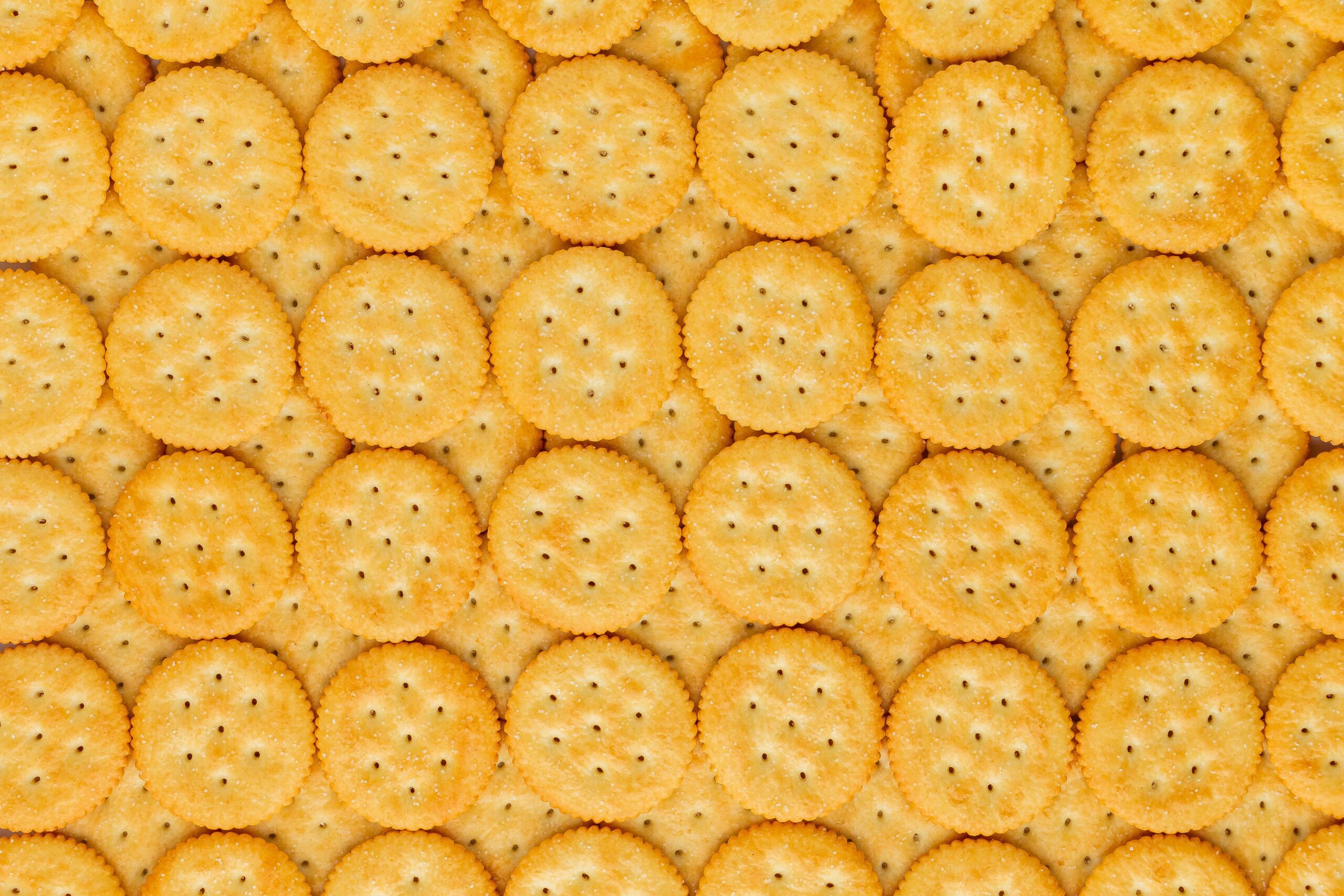The good, the bad, the ugly of the Western diet.

This includes fruit and vegetables (good), refined sugars and high fructose corn syrup (bad), and processed foods and artificial sweeteners (ugly). If your gut is rumbling and roaring and causing you discomfort, the first place to look for a cure is your food. If you don’t have bloating and gas but are experiencing fuzzy-brain, restless sleep and a lot of stress, look at the food you are eating and remove the bad and ugly to improve your gut health.
Your gut health has a direct impact on your physical and mental health.
The healthy human body has microorganisms inhabiting every spot available on the body. It is in our gut, the gastrointestinal tract, that we can find the largest collection of microorganisms. These microorganisms make up our gut microbiota. Combine the microbiota, the products it makes, and the entire environment it lives within and we have a microbiome. The human microbiome (all of our microbes’ genes) can be considered a counterpart to the human genome (all of our genes).
Every human being has a gut microbiota (community of bacteria) that is unique. People who are sick may have too little or too much of a certain type of gut bacteria, or they may lack a variety of bacteria. This means you can affect the balance of your gut bacteria and it can be done through diet.
If you want to help your gut recover from a time of imbalance, it would be good to remove the bad and ugly foods from your diet, focus on the good and healthy foods and restore your gut bacteria to a healthy balance. Otherwise, it may not be necessary for you to completely remove the bad and ugly foods from your diet. A treat of candy or soda every once in a while may well be just fine for you.
Consuming the bad and ugly foods in moderation actually helps with the attitude more than anything. No one likes to be told that they cannot do something or that the things we enjoy are completely off limits. Just be sure to consume these foods in moderation or rarely and fully enjoy them.
To improve your gut health, to help restore balance to the bacteria in your gut that play such an important role in digestion and overall health, you can avoid or limit the amount you eat of the following foods:
- Processed foods: Often packed with sugars, preservatives, additives, coloring, chemicals, and a lot of empty calories that can lead to an unbalanced gut microbiome.
- Chlorinated water: Chlorine is often added to tap water to help kill bacteria or harmful substances that are in the water. However, too much chlorine can kill the good bacteria in your gut.
- Meat: High levels of processed and non-organic meat intake have been linked with increases in higher numbers of less desirable species of gut bacteria
- Refined Sugar: A food source for bacteria, eating too much of it can cause an imbalance in the normal bacterial levels in the gut.
- High fructose corn syrup: Found in much of the junk food and beverages we consume today, high fructose corn syrup is linked to diabetes, fatty liver disease, and other inflammatory conditions. And these begin in the gut microbiome.
- Artificial sweeteners: Known for causing blood sugar and insulin levels to spike, increasing your risk of insulin resistance and weight gain.
- Gluten: A protein found in wheat, gluten can trigger the production of zonulin, a biochemical that opens up the tight junctions of your intestinal wall. This can lead to leaky gut syndrome.
- Dairy: A common cause of bloating and abdominal discomfort, dairy can be responsible for an imbalance of gut flora.
- Soy: Often considered a milk and/or meat substitute, soy can be bad for the human gut as it can be extremely difficult to digest. However, if properly prepared and fermented as they do in Asian cultures, soy may be a tolerable option.




